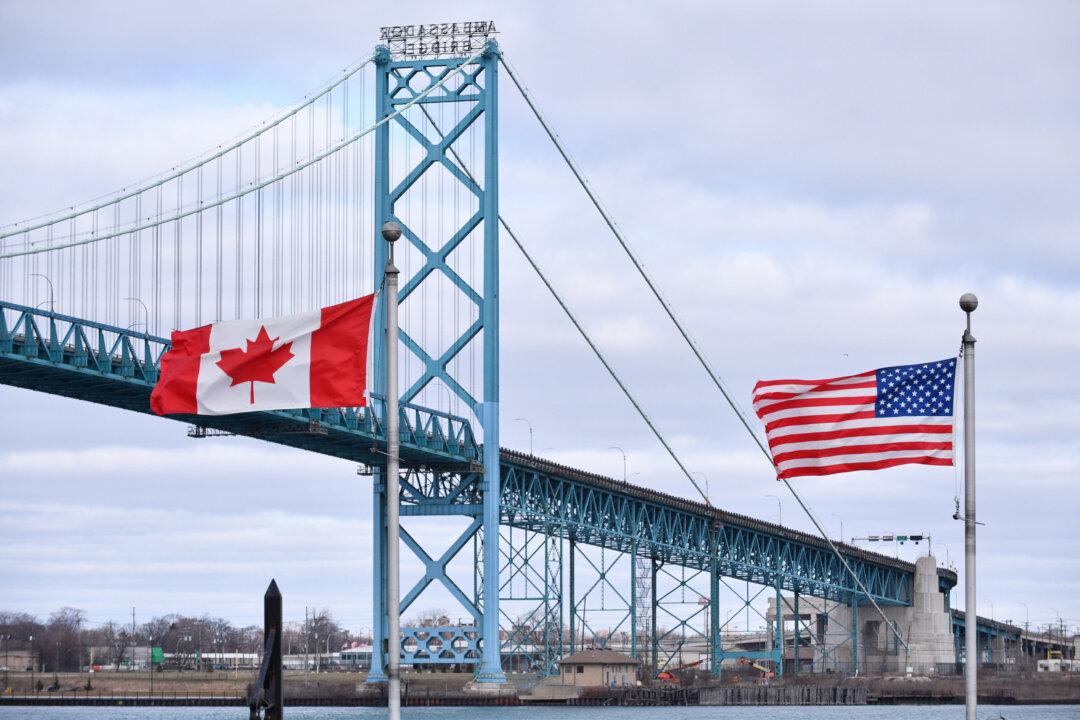News Analysis
With Donald Trump making a return to the White House in January, governments and the business community in Canada are gearing up for changes in U.S. policy.

With Donald Trump making a return to the White House in January, governments and the business community in Canada are gearing up for changes in U.S. policy.